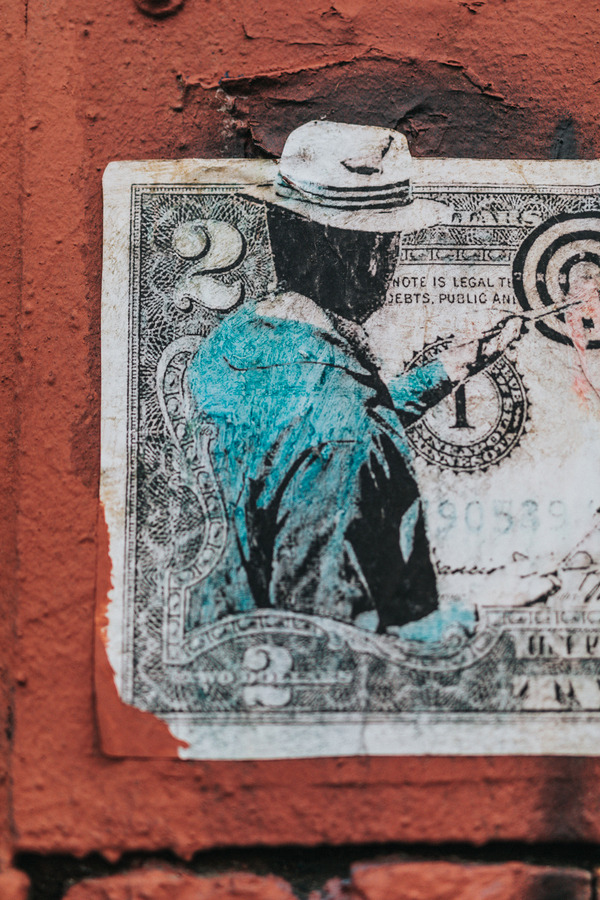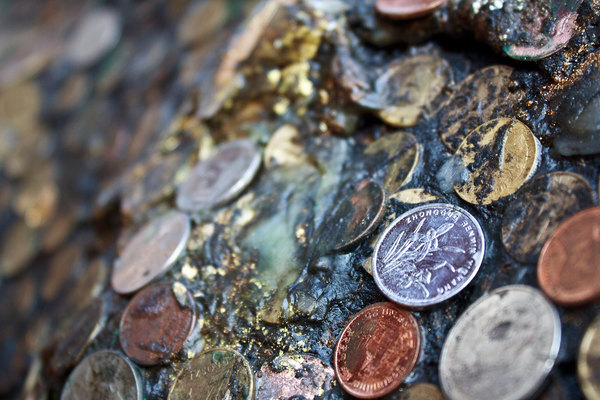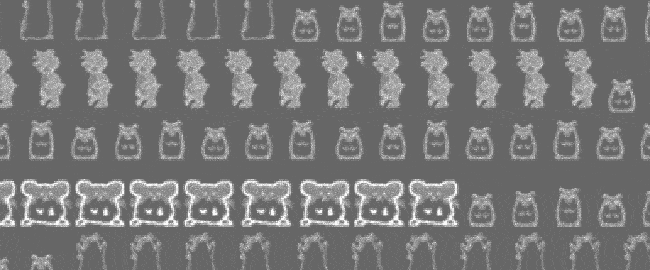
(Nathan Dumlao/Unsplash)
Last week, in a piece about the analog channel 37 that seems to be grabbing a bit of attention right now, I accidentally tripped on an idea that perhaps might have relevance in a lot of areas of technological life right now: “Without resistance, a commercial use case will usurp a noncommercial use case for a given resource.”
The truth is, it’s the world we’re living in right now, and something that a pal of mine, Margarita Noriega, touched on with her own useful statement: “The World Wide Web is simply, and with no one to prevent it, collapsing on itself.”
These two ideas reflect the really unfortunate way that technology will always fall back to the most commercial solution to any problem. The motivations are all wrong.
Which brings me to the growth of speculative value in technology. You may have heard recently that musicians have been making millions of dollars by selling non-fungible tokens, or NFTs, which are essentially digital objects designed to contain unique, non-replicable information. For example, John Legere, the former CEO of T-Mobile who had an unhealthy obsession with slow cookers, bought one from Steve Aoki.
This solves a problem with many kinds of things that are collected—counterfeiting. It can be hard to confirm whether a video game, or a baseball card, or a painting are actually original. With NFT, it’s easy, because there’s a cryptographic signature to it.
Read This, Too
Need a conversation starter? Eli London’s The Breads is a weekly newsletter that aims to make you more interesting. It surfaces non-political things from the internet across a wide variety of subjects (articles, videos, twitter threads, art, products) meant to give you points of conversation with friends and co-workers—the sort of thing that makes you go, "I was reading this really interesting article, and …" Sometimes there are interviews with cool people, too. If you think this sounds like your idea of fun (and it is, of course, fun), make sure to subscribe right here.

(pimthida/Flickr)
Personally, knowing that this exists, I wonder how we got from a noncommercial digital utopia to selling made-up objects with limited additional usefulness for millions of dollars in just three decades. If you went back in time and told a Usenet user that the network that they were on was going to be responsible for something like the NFT, how would they feel about it? Or if the people who used Napster to rip off music in 2000 learned that 20 years later, some of them would be getting excited about buying random pieces of music just because of its cryptographic signature? You get the idea.
But the thing is, NFT is not the most damaging form of this. One kind of object that should have no intrinsic value but actually has a lot of it is the internet domain. It is not new. It has been around a long time, and speculators have been around since the days of Pets.com. But the problem is that domain speculators have become more aggressive over time, as highlighted in a recent comment on IndieHackers, a forum for startup founders:
If it wasn't for domain parkers, you'd still get your domain—just for $10, rather than $10,000. Even worse, domain parkers cash in when companies need money the most: at the very beginning. $10k buys you three months of rent and ramen noodles which might be enough to get your project off the ground and make the world a startup richer, but if these $10k go towards a domain name, that might never happen.
Domain registrars seemingly encourage this behavior, despite the fact that it is ultimately destructive for the internet. If you run Disney, you probably need to have Disney.com available to you, as well as the Disney on every other top-level domain—and buying all of those domains gets expensive. But if you’re a regular user, you have no recourse. You’re essentially buying the ’90s version of an NFT just to ensure that nobody else gets to it first.
I guess what I’m getting at is that the internet on its own has moved far from the ideals of utopianism, and did a long time ago. Everything is commercial now, and that would be fine—if reasonable controls were put in to ensure that the commercial uses were not quite so exploitative.
But instead we just let all this happen. In our never ending search for attaining value for ourselves, we remove value from the larger thing people actually care about.
Time limit given ⏲: 30 minutes
Time left on clock ⏲: 10 seconds


